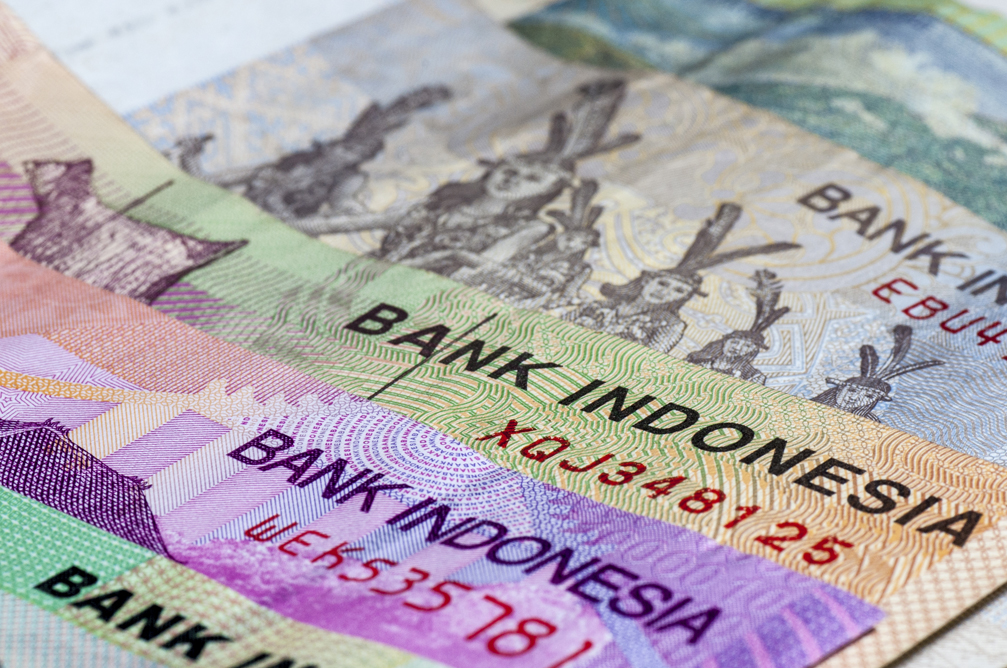Figures from Indonesia’s commodities market have spoken broadly in favour of the country’s new letter of credit regulation, while warning of short-term shocks for some exporters.
The new law, which came into place on April 1, stipulates that exporters of key commodities such as coal, palm oil, palm kernel oil, oil and gas and minerals including tin must use an LC in their shipment, as the government seeks to keep an accurate track of exports leaving Indonesia, in a bid to cut down on fraud and tax evasion.
Speakers at GTR‘s Indonesia Trade and Commodity Finance conference in Jakarta today (April 23) said that the measure should bring a modicum of transparency to a market that is often overrun with backroom deals and graft.
Brahim Zerouki, the commodity trading director at PetroIndo Utma, said that the move would help to stamp out the illegal coal mining trade, which is costing the Indonesian economy hundreds of millions of dollars in export revenues every year.
However, he warned that small producers and exporters may struggle initially to deal with the extra costs that come with changing their method of payment. Furthermore, the extra workload may be beyond the smallest operations.
When the law came into existence earlier this month, the Indonesian trade minister Rachmat Gobel voiced some willingness to show flexibility in its application for those exporters who are not yet in a position to comply.
Meanwhile bankers have described the law as a “gift” for the industry, with Rizman Firmnasyah, head of trade for Citi Indonesia, saying that it will save the institutions substantial sums of money in compliance.
The president of Baft – the international transaction banking organisation – said that while Indonesia is still considered to be a “relatively high risk” country for investors, this law will help improve its risk rating.
85% of global trade is currently done on an open account basis, which leaves it extremely vulnerable to manipulation by criminal organisations through trade-based money laundering. By moving to an LC-based trading landscape, those trading in Indonesia will be better able to monitor the risks and to take actions to sidestep them.
“Criminal organisations that use trade-based money laundering have learnt the business: what shipment documents look like; what banks look for in terms of checks and balances,” Tod Burwell said. By moving to a more formalised trading methodology, Indonesia may be in a better position to deal with such activity.
Traders and bankers alike were justifiably downbeat about the past month in Indonesian business – which has seen the bulk of the nation’s key commodities plummet to their lowest rates for years, with fears persisting over the slowdown in the Chinese market, which provides the bulk of the offtake for Indonesia’s exports.
The next year will remain tough, according to Frank Wu – Asia Pacific head of structured commodity trade finance at Deutsche Bank – but he expects there to be a relative recovery before long. Speaking to GTR on the sidelines of the event, Wu commented on the recent volatility of commodity markets, saying the cycles used to be decades long, but that this has been hastened by the era of globalisation.
Further depression is expected in the nickel, coal and carbon markets, according to Zerouki, with no buyer in the market to take up the lag in Chinese demand and to consume the surplus with which the market is flooded.







